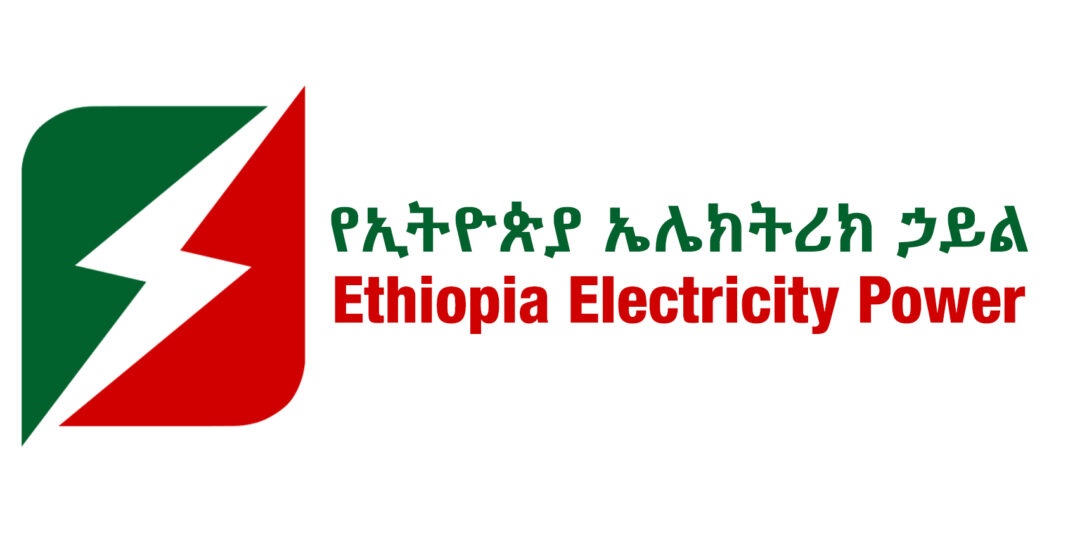By Eyasu Zekarias
Exporters are struggling to maintain their market share in China as government regulations restrict direct sales, forcing them to rely on indirect channels. The Ethiopian government has mandated that all exports to China must go through commercial banks, a policy established eight years ago when loans owed to the World Bank and the International Monetary Fund (IMF) were exclusively handled by these banks.
As a result of this policy, many exporters, who have been engaged in foreign trade for years, find themselves unable to sell their agricultural products directly to Chinese buyers. Instead, they are compelled to sell through third parties, which diminishes their profits and market presence. Despite China being the largest importer of Ethiopian products, the Ministry of Trade and Regional Integration has faced criticism for failing to recognize Ethiopia’s achievements in the import of pulses and oilseeds during the last fiscal year.
Yigzaw Negraw, Head of Tropical Exporters, expressed concern over the situation, stating, “The Chinese market takes a lot of products from Ethiopia, but the current banking system complicates our ability to sell directly.” He explained that while they may receive favorable prices in China, the requirement to process payments through commercial banks limits their ability to capitalize on these opportunities.
The challenges are compounded by the fact that many traders prefer to work with private banks, which they claim better meet their needs for loans and foreign exchange. However, this creates a dilemma, as payments must still be routed through commercial banks, forcing exporters to sell their products to intermediaries rather than directly to Chinese buyers.
Demelash Tadesse, Owner and General Manager of ADYAD Import & Export, echoed these sentiments, stating, “For the exchange rate policy to be effective, we need active exports. Banks must allow loans to facilitate this process.” He noted that the current restrictions are pushing traders to seek alternative market options, which could further erode Ethiopia’s position in the Chinese market.
Edao Abdi, President of the Ethiopian Pulses, Oilseeds and Spices Processors Exporters Association (EPOSPEA), acknowledged the validity of the exporters’ complaints and indicated that they have raised these issues with relevant authorities. He emphasized the need for reforms that would allow exporters to operate freely and effectively in the international market.
Ethiopian exporters continue to navigate these challenges, the government faces pressure to reassess its policies to enhance direct trade with China and ensure that local producers can compete effectively in one of their largest markets.







